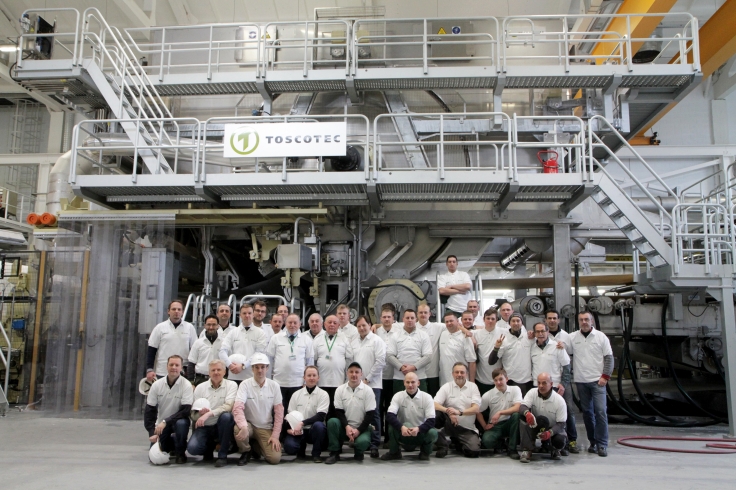
Amazon is seeking Supply Chain Managers who have a track record of success and senior leadership experience to manage strategic cross-functional operations. These roles will manage projects that support new products and operations, while working closely with business departments around the globe. They will lead large-scale, cross-functional projects in multiple companies and create cross-functional team members.
Manager, Purchasing and Supply Chain
Amazon Purchasing & Supply Chain Managers have a variety of responsibilities. These include optimizing processes, mitigating the risk and driving cost reduction. These tasks require excellent communication and analytical skills as well as negotiation and negotiation skills.
A self-starter, with strong communication and attention for detail is the ideal candidate for this job. You should be able, independently, to meet tight deadlines, as well as manage your workload.

Analyze cost
Amazon's supply network is an integral component of its success. It includes all aspects of fulfillment and transportation as well as forecasting. It requires a highly analytical person with a passion for details. The analyst will use data analytics in order to understand the company's operations. An analyst will work closely with global stakeholders to interpret data, draw conclusions and make recommendations. They may use MS Excel or SQL to do their analysis.
Amazon's supply chain has been one of the most innovative around. Amazon is investing heavily in warehouse technology and trucking capabilities. Amazon is also investing in drones as well as cargo planes.
Programm manager
Amazon program manager supply chain jobs require extensive knowledge in areas such as supply chain planning, manufacturing and logistics. Successful applicants will be able work with others and make data-driven choices. In addition, he or she will be tasked with building and administering systems and processes for scale, quality control, and risk management.
The salary for a Supply Chain Program manager varies greatly depending on the location. Some earn more than $168,000 while others get as low as $52,500. Program managers typically earn between $87500 and $127,000. But, the salary of Program managers can vary greatly depending on where they live and how much experience they have.

Warehouse manager
Warehouse management is a highly-sought-after job, and there is a growing demand. Although there is no requirement for a warehouse manager to have a degree, employers will prefer someone with some experience. A bachelor's degree is not required for this position, but it does increase your chances of getting a job.
Warehouse managers are responsible in many ways, including inventory management as well as customer service. They also have a huge impact on the experience for shippers and operators. These individuals manage the performance of the entire supply chain and develop initiatives to improve efficiency. They have the opportunity to work with several Amazon teams, and to be exposed to their operations.
FAQ
What are the 4 types of manufacturing?
Manufacturing is the process that transforms raw materials into useful products. Manufacturing involves many activities, including designing, building, testing and packaging, shipping, selling, service, and so on.
How can I find out more about manufacturing?
Experience is the best way for you to learn about manufacturing. You can read books, or watch instructional videos if you don't have the opportunity to do so.
What is meant by manufacturing industries?
Manufacturing Industries are businesses that produce products for sale. Consumers are the people who purchase these products. This is accomplished by using a variety of processes, including production, distribution and retailing. They create goods from raw materials, using machines and various other equipment. This includes all types of manufactured goods, including food items, clothing, building supplies, furniture, toys, electronics, tools, machinery, vehicles, pharmaceuticals, medical devices, chemicals, and many others.
Statistics
- You can multiply the result by 100 to get the total percent of monthly overhead. (investopedia.com)
- In the United States, for example, manufacturing makes up 15% of the economic output. (twi-global.com)
- According to the United Nations Industrial Development Organization (UNIDO), China is the top manufacturer worldwide by 2019 output, producing 28.7% of the total global manufacturing output, followed by the United States, Japan, Germany, and India.[52][53] (en.wikipedia.org)
- It's estimated that 10.8% of the U.S. GDP in 2020 was contributed to manufacturing. (investopedia.com)
- (2:04) MTO is a production technique wherein products are customized according to customer specifications, and production only starts after an order is received. (oracle.com)
External Links
How To
How to Use lean manufacturing in the Production of Goods
Lean manufacturing (or lean manufacturing) is a style of management that aims to increase efficiency, reduce waste and improve performance through continuous improvement. It was created in Japan by Taiichi Ohno during the 1970s and 80s. He received the Toyota Production System award (TPS), from Kanji Toyoda, founder of TPS. Michael L. Watkins published the "The Machine That Changed the World", the first book about lean manufacturing. It was published in 1990.
Lean manufacturing, often described as a set and practice of principles, is aimed at improving the quality, speed, cost, and efficiency of products, services, and other activities. It emphasizes the elimination of defects and waste throughout the value stream. Just-in-time (JIT), zero defect (TPM), and 5S are all examples of lean manufacturing. Lean manufacturing emphasizes reducing non-value-added activities like inspection, rework and waiting.
Lean manufacturing improves product quality and costs. It also helps companies reach their goals quicker and decreases employee turnover. Lean manufacturing is a great way to manage the entire value chain including customers, suppliers, distributors and retailers as well as employees. Many industries worldwide use lean manufacturing. Toyota's philosophy is the foundation of its success in automotives, electronics and appliances, healthcare, chemical engineers, aerospace, paper and food, among other industries.
Five fundamental principles underlie lean manufacturing.
-
Define value - Find out what your business contributes to society, and what makes it different from other competitors.
-
Reduce waste - Get rid of any activity that does not add value to the supply chain.
-
Create Flow – Ensure that work flows smoothly throughout the process.
-
Standardize & simplify - Make processes consistent and repeatable.
-
Building Relationships – Establish personal relationships with both external and internal stakeholders.
Although lean manufacturing has always been around, it is gaining popularity in recent years because of a renewed interest for the economy after 2008's global financial crisis. Many businesses have adopted lean production techniques to make them more competitive. In fact, some economists believe that lean manufacturing will be an important factor in economic recovery.
With many benefits, lean manufacturing is becoming more common in the automotive industry. These benefits include increased customer satisfaction, reduced inventory levels and lower operating costs.
Lean manufacturing can be applied to almost every aspect of an organization. Lean manufacturing is most useful in the production sector of an organisation because it ensures that each step in the value-chain is efficient and productive.
There are three types principally of lean manufacturing:
-
Just-in-Time Manufacturing (JIT): This type of lean manufacturing is commonly referred to as "pull systems." JIT is a process in which components can be assembled at the point they are needed, instead of being made ahead of time. This approach reduces lead time, increases availability and reduces inventory.
-
Zero Defects Manufacturing - ZDM: ZDM focuses its efforts on making sure that no defective units leave a manufacturing facility. It is better to repair a part than have it removed from the production line if it needs to be fixed. This also applies to finished products that need minor repairs before being shipped.
-
Continuous Improvement (CI: Continuous improvement aims to increase the efficiency of operations by constantly identifying and making improvements to reduce or eliminate waste. Continuous Improvement involves continuous improvement of processes.